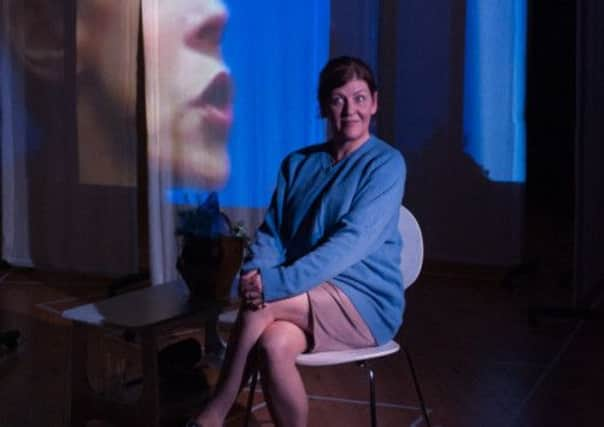Theatre review: The Taking of Zena Charbonne, Musselburgh


The Taking of Zena Charbonne
Brunton, Musselburgh
* * *
Ever since Gregory Burke’s Gagarin Way in 2001, the image of the kidnap victim seems to have been gathering force in western theatre, as a device for confronting members of the world’s wealthy elite; here, though, the woman who has been taken is only the wife of a boss, someone who – after years in her husband’s shadow – is all too open to the idea that if her kidnapper is a criminal, then so, in some ways, is the man to whose business career she has devoted her life.
Stewart Ennis’s new one-hour monologue – written for the Occasional Cabaret touring company, and performed with great concentration and feeling by Catherine Gillard – chooses to explore Zena’s situation through poetry and music, rather than argument; the live cello music of composer Robin Mason forms a vital counterpoint, as do subtle, shifting patterns of light and design. There are images to do with water and thirst, perhaps with Zena’s husband’s role in turning water into a costly commodity; a strong political theme hinted at, rather than fully articulated. What remains in the mind, though, is the strength and poignancy of Gillard’s performance, as a privileged woman so lost to herself, in her role as a rich man’s wife, that the room in which she is being held, and her relationship with her kidnapper, somehow seem more real to her than the life from which she has been taken, and to which she can never fully return.